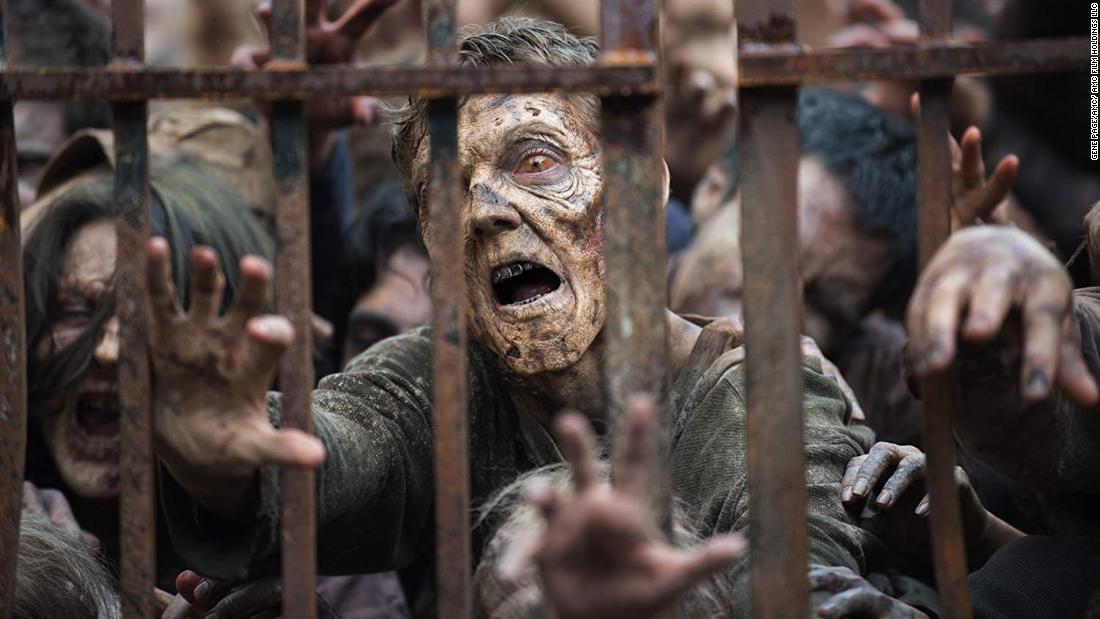A zombie is a mythological, undead, corporeal revenant formed by the reanimation of a corpse. Zombies are most often described in horror and fantasy films. Moreover, according to Haitian folklore, a zombie is a dead body reanimated by different means, most commonly spells.
However, in the modern representations of the zombies, science fictional approaches such as carriers, radiation, psychiatric illnesses, viruses, technological accidents etc., are often used.
How the word Zombie formed?
According to a statement given to the Los Angeles Times by his production partner, zombies were made popular by George Romero. George is the legendary producer of the “Night of the Living Dead” trilogy. Certainly, he is widely regarded as the architect of the zombie genre as we know it. He died on Sunday at the age of 77 after a brief battle with lung cancer.
The word zombie is derived from the word “nzumbi” founded in 1903 Kimbundu–Portuguese dictionary. The Kimbiundu described “nzumbi” as a soul. However, the dictionary later defined it as a “ghost that is expected to roam the earth to torment the living”
What are Zombies based on?
During the latter half of the twentieth century, a modern version of the zombie appeared in popular culture. It is distinct from that depicted in Haitian folklore. This zombie interpretation is based on George A. Romero’s 1968 film “Night of the Living Dead.” Nonetheless, the film was influenced in part by Richard Matheson’s novel “I Am Legend” (1954). However, the word “zombie” isn’t used in Night of the Living Dead, but it was coined by fans later on. Subsequently, the zombie genre waned for a few years after films like “Dawn of the Dead” (1978) and Michael Jackson’s music video “Thriller” (1983).
How is the word Zombie used?
With their more scientific and action-oriented approach and introduction of fast-running zombies in the late 1990s, video games like “Resident Evil” and “The House of the Dead” evolved the zombie archetype. As a result, zombies were revived in the popular culture. In this sense, zombies are sometimes used as symbolic representations of oppressed communities fighting for equality. The human–zombie romantic relationship is interpreted as a metaphor for sexual emancipation and taboo breaking (given that zombies are subject to wild desires and free from social conventions).
Folk beliefs
In Haitian rural folklore, zombies are depicted as dead people that are physically resurrected by the necromancy of a bokor, a shaman, or a witch. The formal voodoo religion’s houngan (priest) and mambo (priestess) are opposed to the bokor. As a personal slave, a zombie remains under the influence of the bokor. It has no will of its own.
The two forms of zombies reflect soul dualism, a Haitian voodoo belief. As a result, each legendary zombie is missing half of its soul (the flesh or the spirit).





